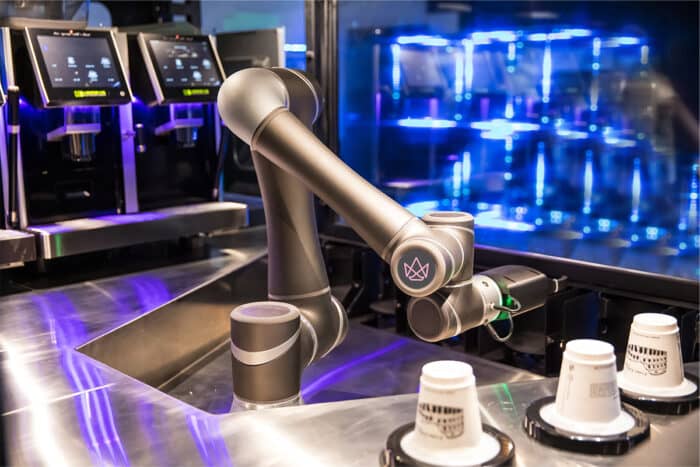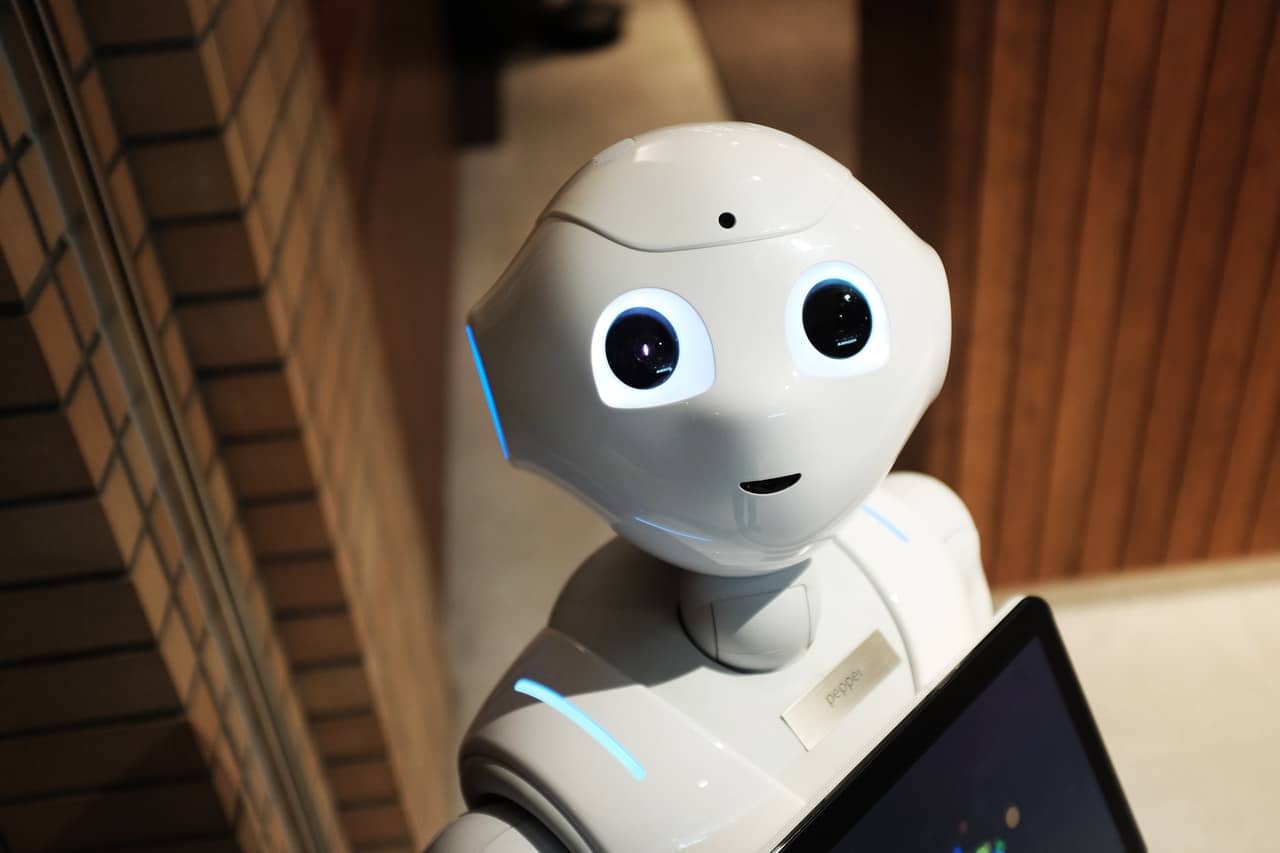Singapore – Local based coffee shop Crown Coffee gets a new help for their shop duties—a robot barista developed by tech company Intel.
Named Ella after the wife of Crown Coffee’s CEO and founder Keith Tan, the robot does what a typical barista does: taking orders remotely via an online app, making a cup of coffee, notifying the customer when it’s ready, serving it, finalizing the bill and charging the customer’s credit card.
Built under the inspiration of Intel Singapore employees taking a break at the Crown Coffee, Tan gives thanks to Intel for materializing as to what he calls a ‘wild idea’.
“I have plenty of gratitude to Intel, as they helped me realize this idea. They listened to me, understood the problems I was trying to solve, and partnered with me to design and develop prototypes,” Tan stated.
With Ella being present at the Crown Coffee workspace, it solved many of Tan’s initial problems, including compactness of the unit, freeing up labor for efficiency, and coffee preparation safety: a vital feature put into use during the COVID-19 pandemic.
“Ella opens new possibilities to food retailers to enable contactless futuristic service and develop alternate revenue models with the data Ella gathers,” said Santhosh Viswanathan, managing director for Intel Asia Pacific and Japan.
“What we are doing is transformational and will be part of the landscape of smart cities where AI-driven robots become deeply ingrained into our daily lives. Also, this is New Retail, which eases retail labor shortages while providing re-skilling employment opportunities for value-added technology and engineering people,” Tan added, citing that Ella is planned to be expanded across their 40 locations on the island, and eventually to Japan.


